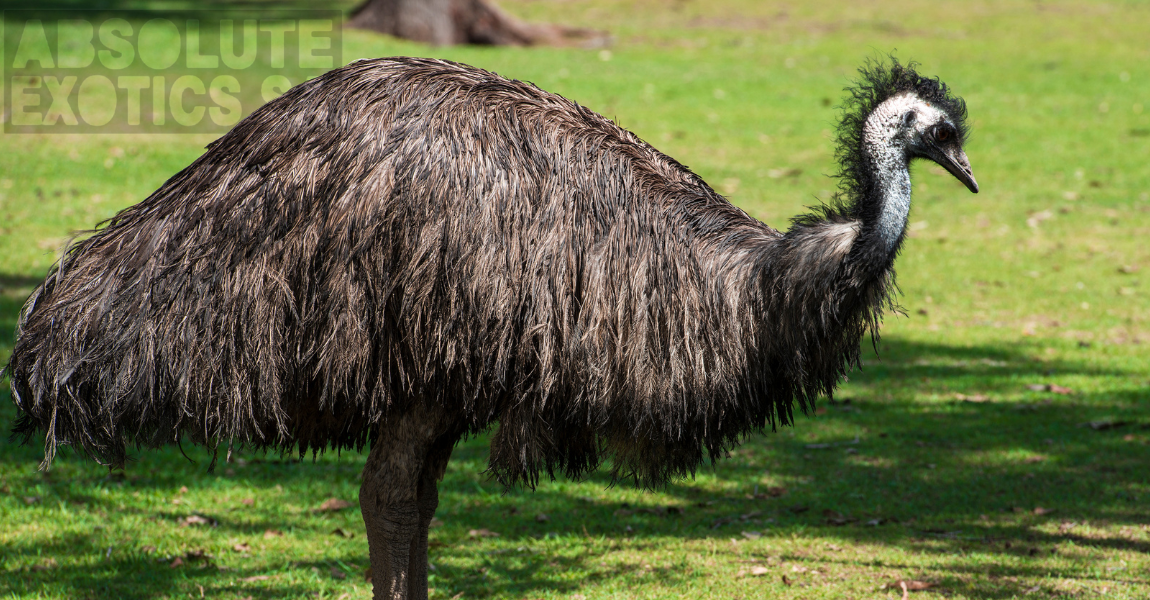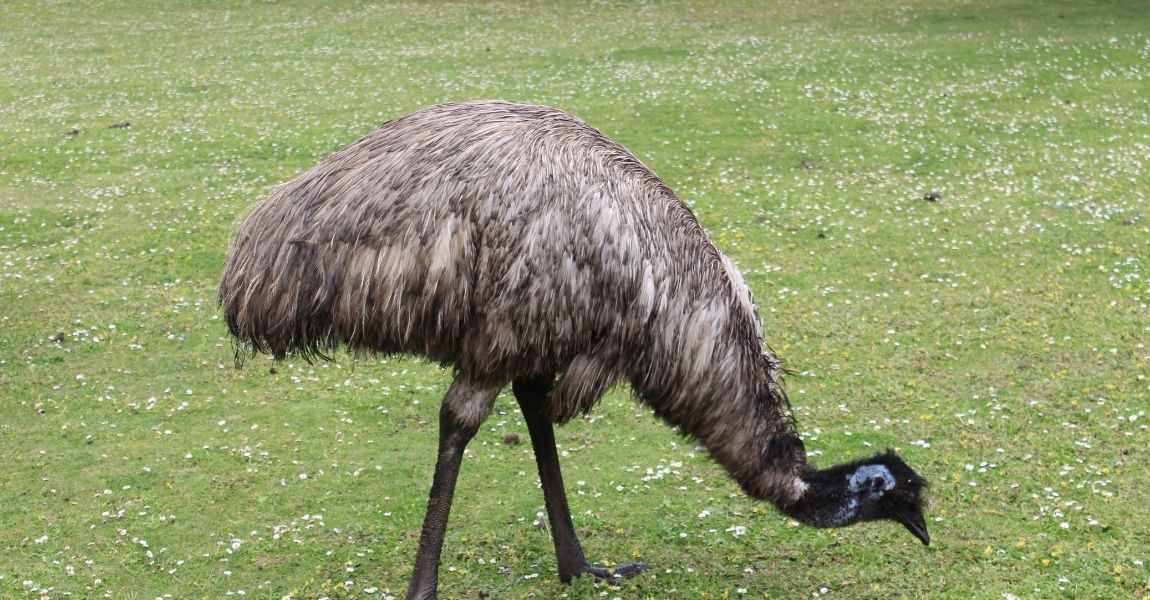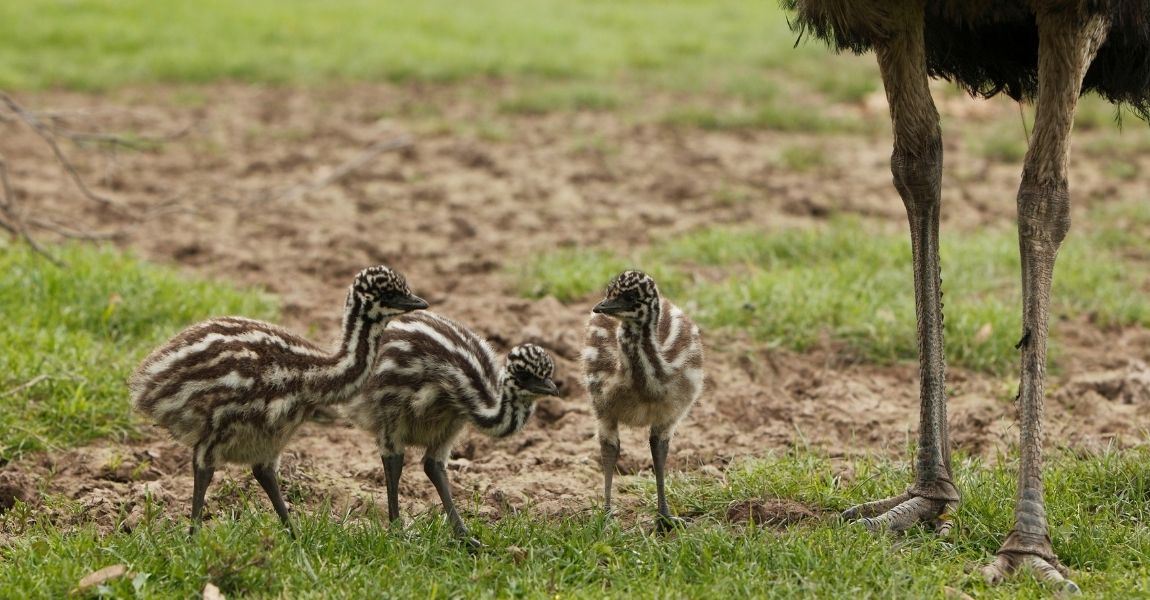The emu (Dromaius novaehollandiae, which means "native to New Holland") is one of the largest birds in the world, with males weighing up to 68kg (150 pounds) and females weighing up to 36kg (80 pounds). It's native to Australia and New Guinea, where it lives in grasslands with trees for shelter.
The emu has a large body and long legs that help it move around quickly when it needs to escape predators or chase prey. Its feathers are soft and downy, which helps keep them warm when temperatures drop below freezing during winter months. Emus are similar in appearance to ostriches but with smaller heads and longer necks than their close relatives.
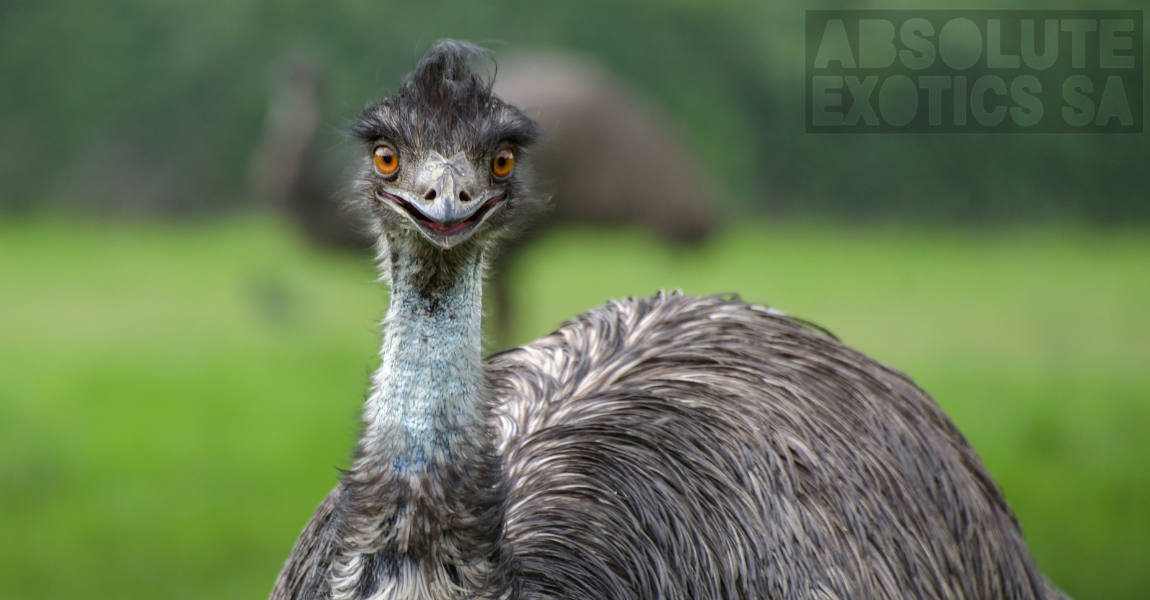
Emus have very long necks which makes them look like they're eating more than they are when they eat. They have thick hides that protect them from predators like dingoes (dogs) who want nothing more than to eat these delicious animals alive! The males have black plumage on their heads while females have red feathers around their heads and necks which help them attract mates during mating season each year (it happens twice per year).
Emus have thick feathers on their heads and necks which help them keep warm in cold weather. They have long legs for running at speeds of up to 60 km/h (37 mph). They also have large feet with claws on them which they use for digging for food underground or in shallow water.
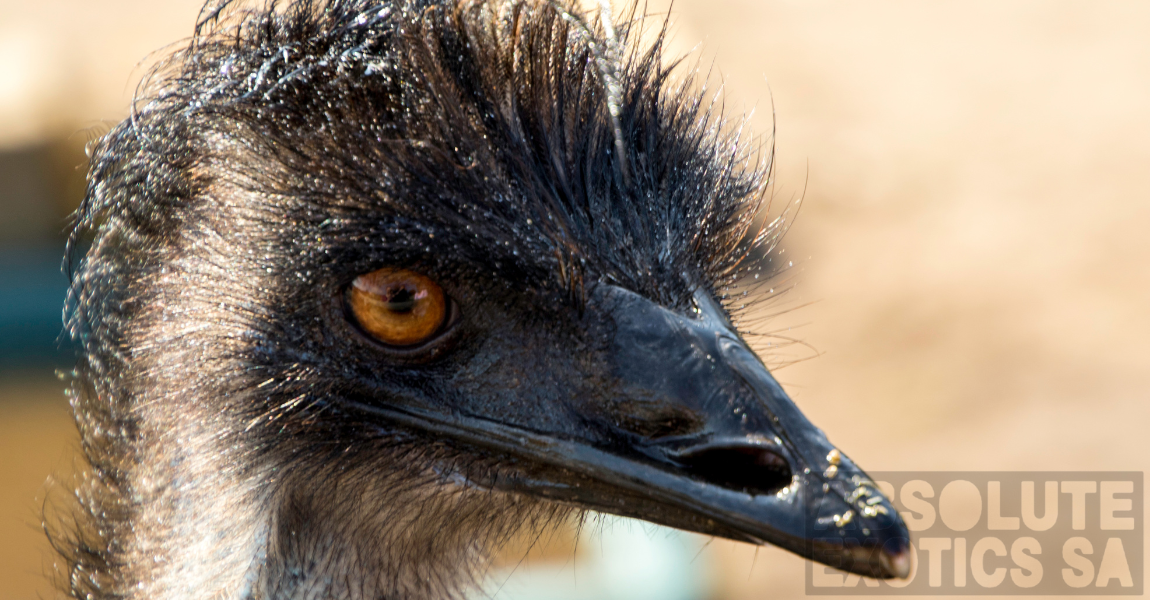
Emus reproduce every year by mating seasonally with males who are also reproducing at this time-sometimes even within days of each other! Females lay eggs which take about 18 months from conception until hatching out into baby emus (aardvarks). Baby emus stay with their mothers for about six weeks after birth.
The emu's diet consists of grasses, seeds, roots, and other vegetation found in arid or semi-arid environments where there is little fresh water available for drinking purposes or agriculture purposes such as irrigation systems etc. They also eat fruits like berries during times when there is plenty of rainwater because they cannot get enough water from their diet alone, so they need some extra help from nature itself when it comes down to matters of survival.
